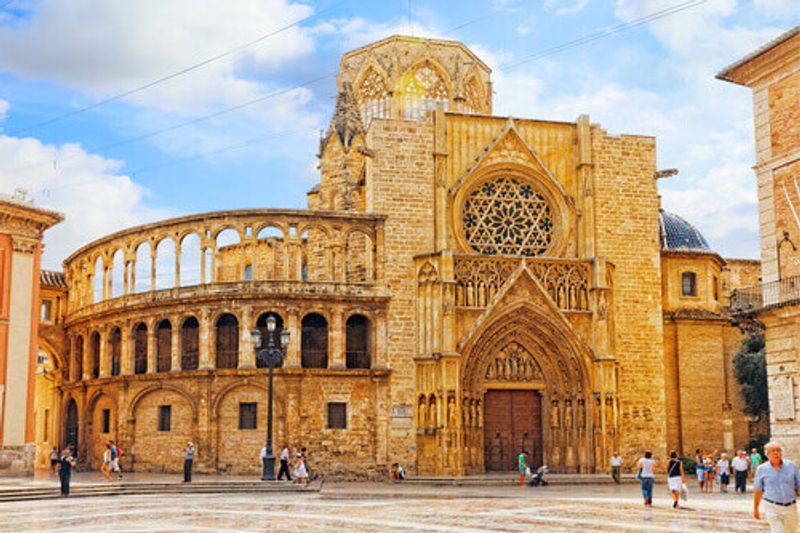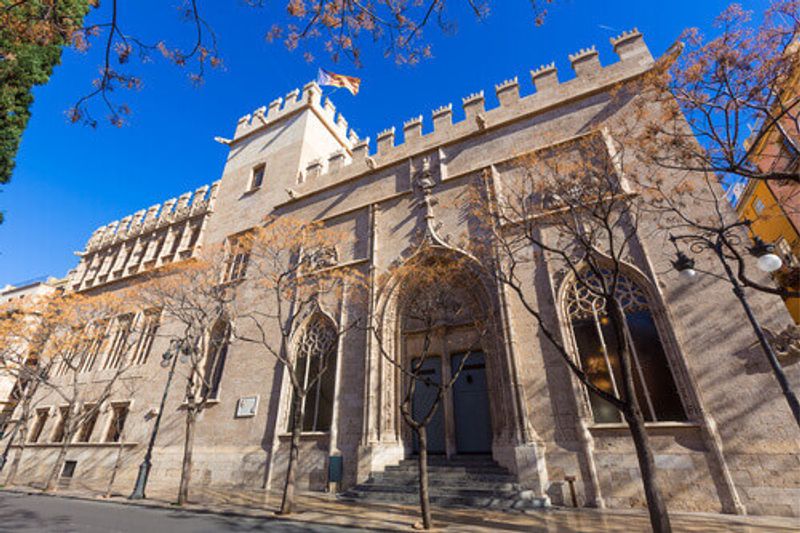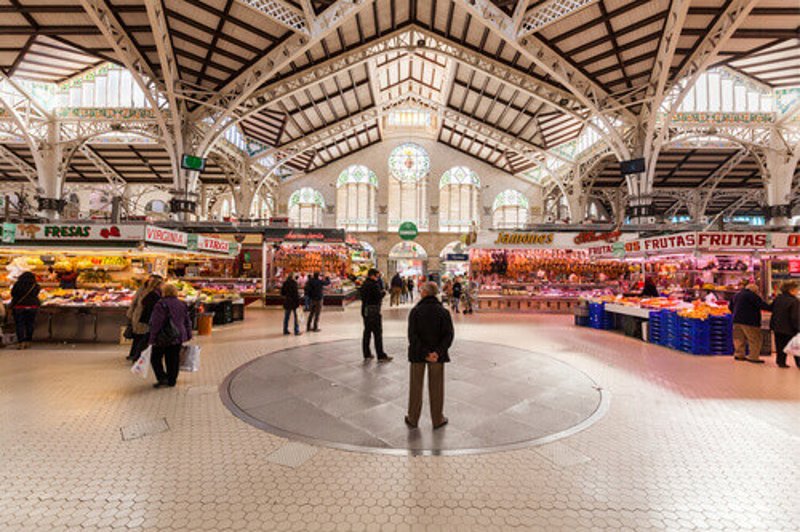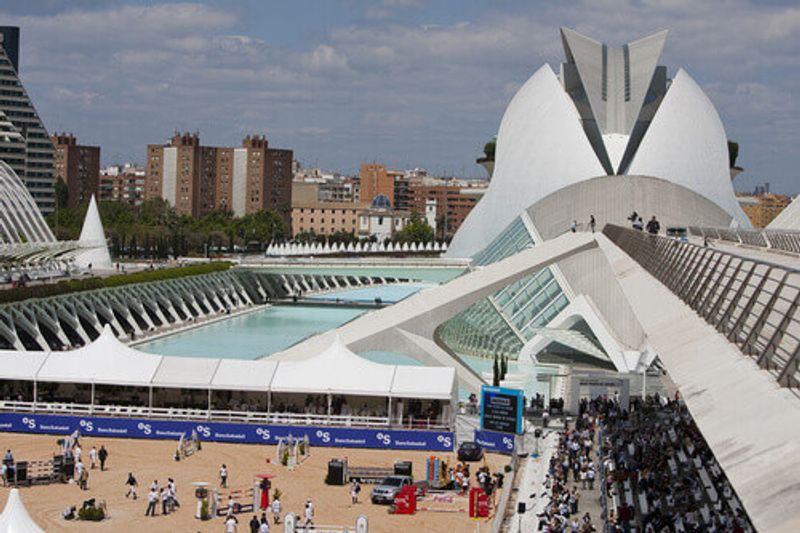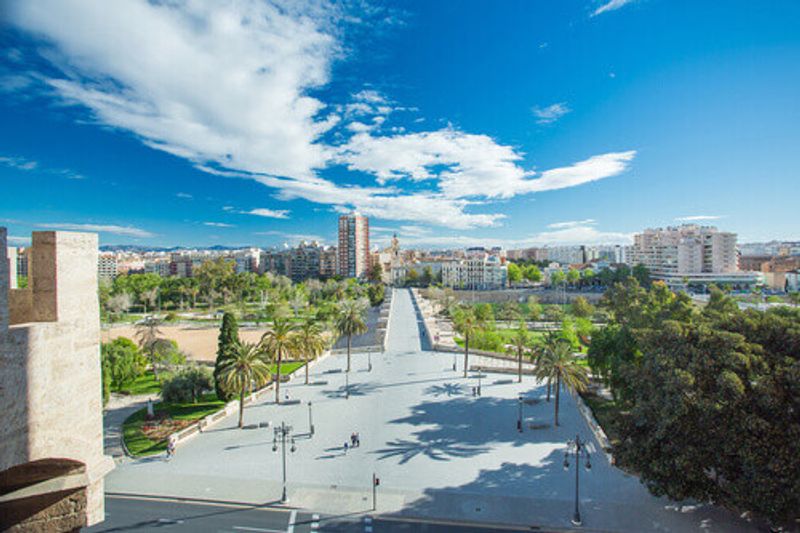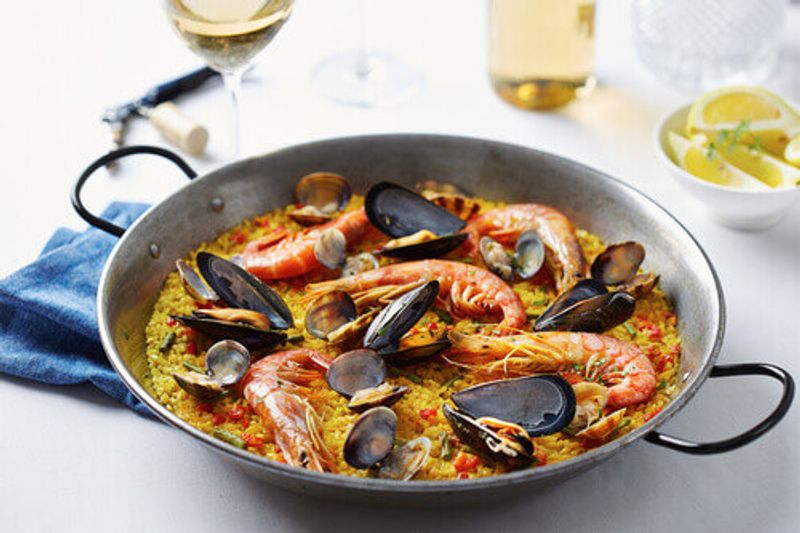This ancient capital is has been creating breath taking architecture for two millennia and it certainly isn’t stopping now
Modern architecture in this ancient city has put it firmly back on the map as it finds new methods to solve old problems.
Valencia, on Spain’s east coast, is where the past and future smash together like particles in a Large Hadron Collider. As a major port, and silk trading centre, this city on the Iberian Peninsula, has also served twice as the country’s capital. It has a history stretching back nearly 2,000 years, and its occupations by the Romans, Moors, Jews and Christians – have all left their mark on the city.
The 13th century Cathedral of Valencia was built on the site of a mosque, which in turn has been built on an ancient Roman temple before that. The mix of Romanesque and Baroque architecture styles perfectly sum up the city’s eclectic mix. Views from the top terraces, reached by a long winding staircase provide a great view of the city, where the 14th century gate tower the Torres de Serranos stands imposingly above the town. It is one of the few remaining examples of Gothic gateways in all of Europe and certainly the largest.
The nearby 15th century La Lonja is another fine example of Gothic architecture. Originally used as the city’s silk exchange La Lonja was the centre of the city’s civic centre housing the Sala de Contratación (House of Trade) and the Consulado del Mar (Consulate of the Sea).
The Modernista Mercat Central was built in 1928. The Central Market under ceramic domes and iron frontages is a piece of Valencian architecture worth seeing in its own right. Inside the abundant array of seafood, spices and sausages are a gastronomic history lesson, showcasing the variety of cultural on the city.
But history is still being created in Valencia, and today’s architectural tour de force comes in the form of the Ciudad de las Artes y las Ciencias or the City of Arts and Sciences as it is called in English. This series of futuristic buildings that have been built on the old Turia riverbed. The river was re-routed after a major flood in 1957 caused devastating damage to the city and now, where once water flowed, music flows from the city’s opera house. A science museum, an aquarium and a IMAX cinema also make up this new quarter, mostly designed by local architect Santiago Calatrava. His futuristic designs faced some initial criticism but this bold city design will only add to the city’s long history of building new beside old.
Valencia is a city where people enjoy spending time outdoors. As well as the cafes, walkways, pools and cycle paths that have been created along the old riverbed gardens such as Turia Gardens and beaches including the beautiful Paseo Marítimo are often bustling with locals enjoying the fine Mediterranean weather.
No trip to Valencia is complete however, without trying the famous Paella. As the home to this delicious rice dish, it’s essential to stop in at one of the many local restaurants. Navarro has been serving seafood and rice by the same family since the 1950s, while Restaurant Levanteis a favourite among the locals. Hemmingway was a regular at La Pepica or eat directly out of the plan at Casa Carmela. Try washing it down with Valencia Water, a potent cocktail using spirits, cava (the local sparkling wine) and oranges grown in the fertile flood planes that surround the city.
